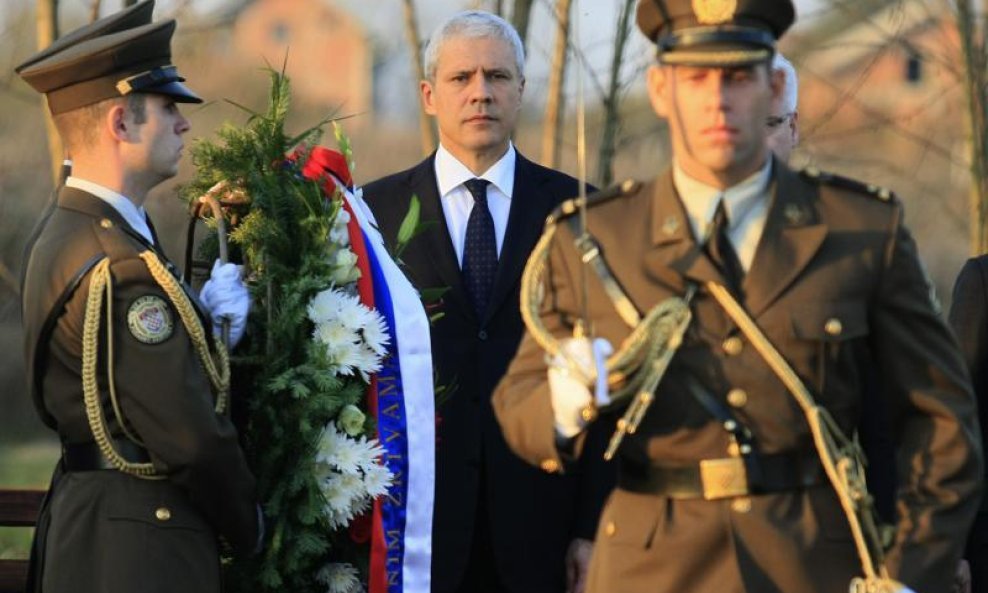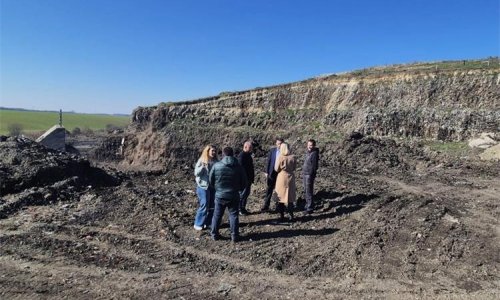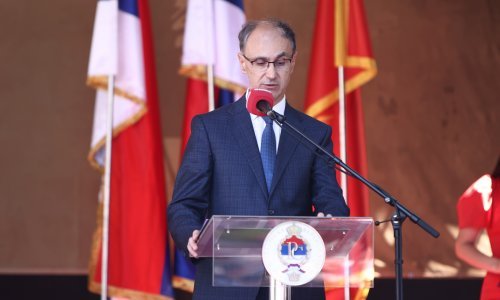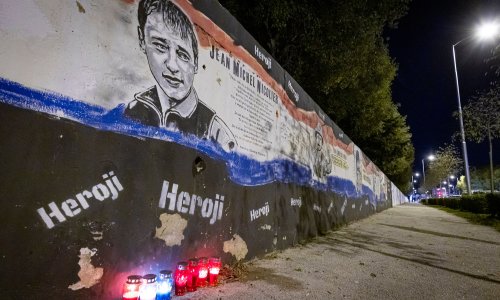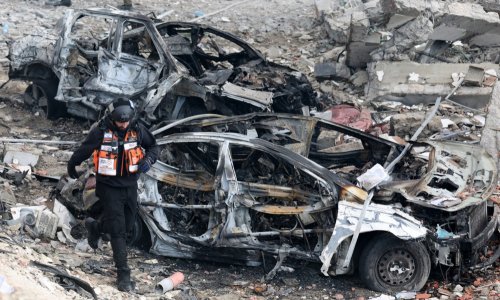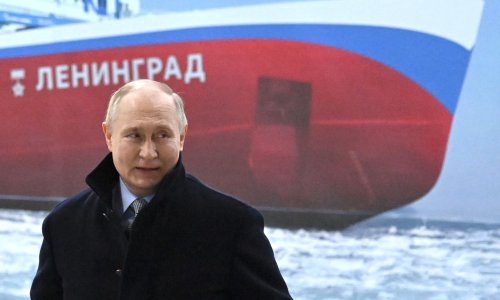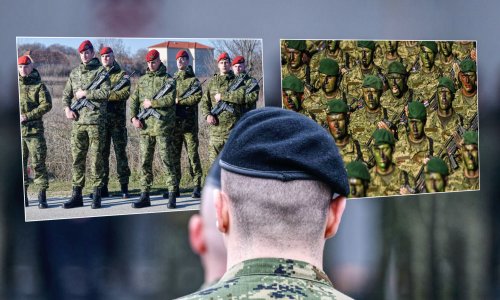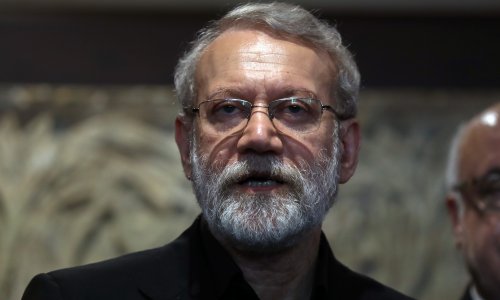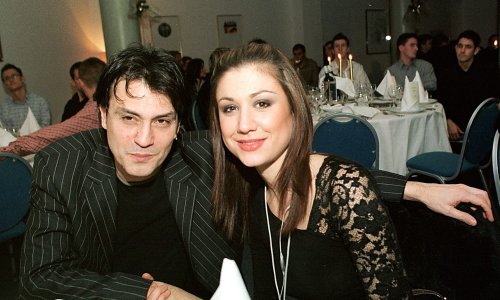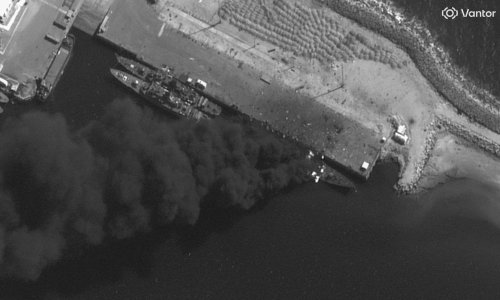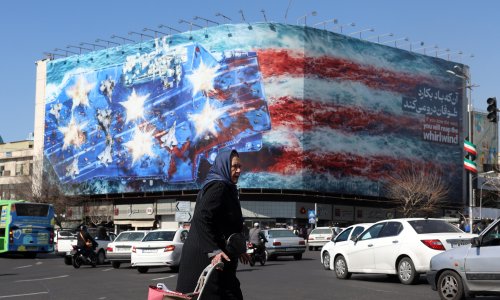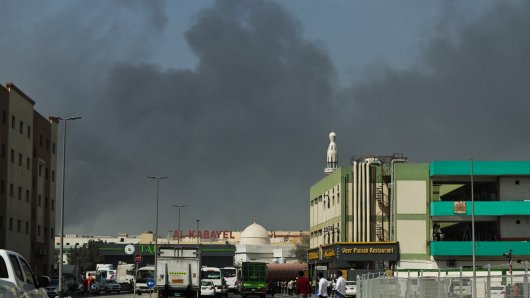News agencies on Thursday carried reports about the apology in Vukovar of Boris Tadic, the first Serbian president to visit the city which is the symbol of the suffering of Croats in the 1990s Homeland War and to pay tribute to the victims.
The reformist Tadic, who has already expressed regret at all the suffering caused by Serbs during the bloody break-up of communist Yugoslavia, arrived for a historic visit to Vukovar, a city on the Danube River that was destroyed by the Serb-led Yugoslav army and militia, said Reuters.
The British news agency stressed that the Croatian national broadcaster covered live Tadic's entire speech and that the visit took place amidst protests by smaller groups of war veterans and supporters of the Right, but that most citizens were indifferent to the visit.
His apology does not mean a lot to me because he personally is not responsible for the crimes, Reuters quoted Dr Vesna Bosanac, the head of the Vukovar Hospital during the aggression, from where patients were taken and killed at the Ovcara farm outside the city.
However, he can exert pressure on institutions and persons who know what exactly happened to help us shed light on the fate of missing people, Bosanac was quoted as saying by Reuters, which also notes that Croatia is still looking for some 1,000 people gone missing in the war, of whom almost 400 are from Vukovar.
The Serbian news agency Tanjug carried a statement by Vilma Vidovic of Vukovar, who lost five members of her family in the war and of whom three were buried at an unknown location. Vidovic considers Tadic's visit an act of violence.
"We cannot bury our dead because they don't want to say where their graves are," Vidovic said, adding that she did not expect anything from Tadic.
The German news agency Dpa said Tadic was the first Serbian leader to have apologised for the crimes and paid tribute to 200 Croats killed by Serb forces in Vukovar in 1991.
The agency said that the Serbian and Croatian media described the visit as historic, and as an attempt to ease tensions between the two neighbouring countries, as well as that both countries consider themselves to be war victims and have a long history of mutual recrimination for war crimes.
The Serbian president's apology for Serb crimes in Vukovar is not only historic, it is also important for the future, the Austrian news agency APA said, adding that Tadic was the first Serbian president to visit Vukovar after the war.
APA also said that Tadic's apology signified a new chapter in relations between Serbia and Croatia, but that that step could also be important for Serbia's integration with the EU, since Brussels expected good neighbourly relations.
The Slovenian STA news agency said that Tadic and his host, Croatian President Ivo Josipovic, would also visit Paulin Dvor, a community near Osijek where Croatian soldiers killed 18 Serb civilians and a member of the Hungarian minority.
Reports citing Tadic's apology were also carried by the Serbian news agency Beta and the Italian news agency ANSA.
The French news agency AFP ran a report on Tadic's apology, saying that in November the Serbian president was expected to pay an official visit to Zagreb, which was a new sign of improvement of Croatian-Serbian relations on the initiative of the two presidents.
The AFP ran a special article on Vukovar, describing it as the martyr-city of the Serb-Croat war.
The BBC ran an article on Tadic's apology in Vukovar, recalling that earlier this year Tadic attended a commemoration in Srebrenica, Bosnia and Herzegovina, where Serb forces killed 8,000 Muslim men. The BBC said that both the Serbian and Croatian presidents were facing a painful past in an effort to move towards a stable future and membership in the European Union.
The Spanish daily El Pais said in its electronic edition that Tadic's historic visit to Vukovar coincided with Serbia's efforts to join the European Union and that Belgrade had recently applied to join the EU.
It is an important symbolic move, but it's not final. Europe will give Belgrade a hand only if it shows that it is fully cooperating with the international war crimes tribunal for the former Yugoslavia which seeks the extradition of former General Ratko Mladic, charged with war crimes, including the Srebrenica atrocity, said El Pais.



